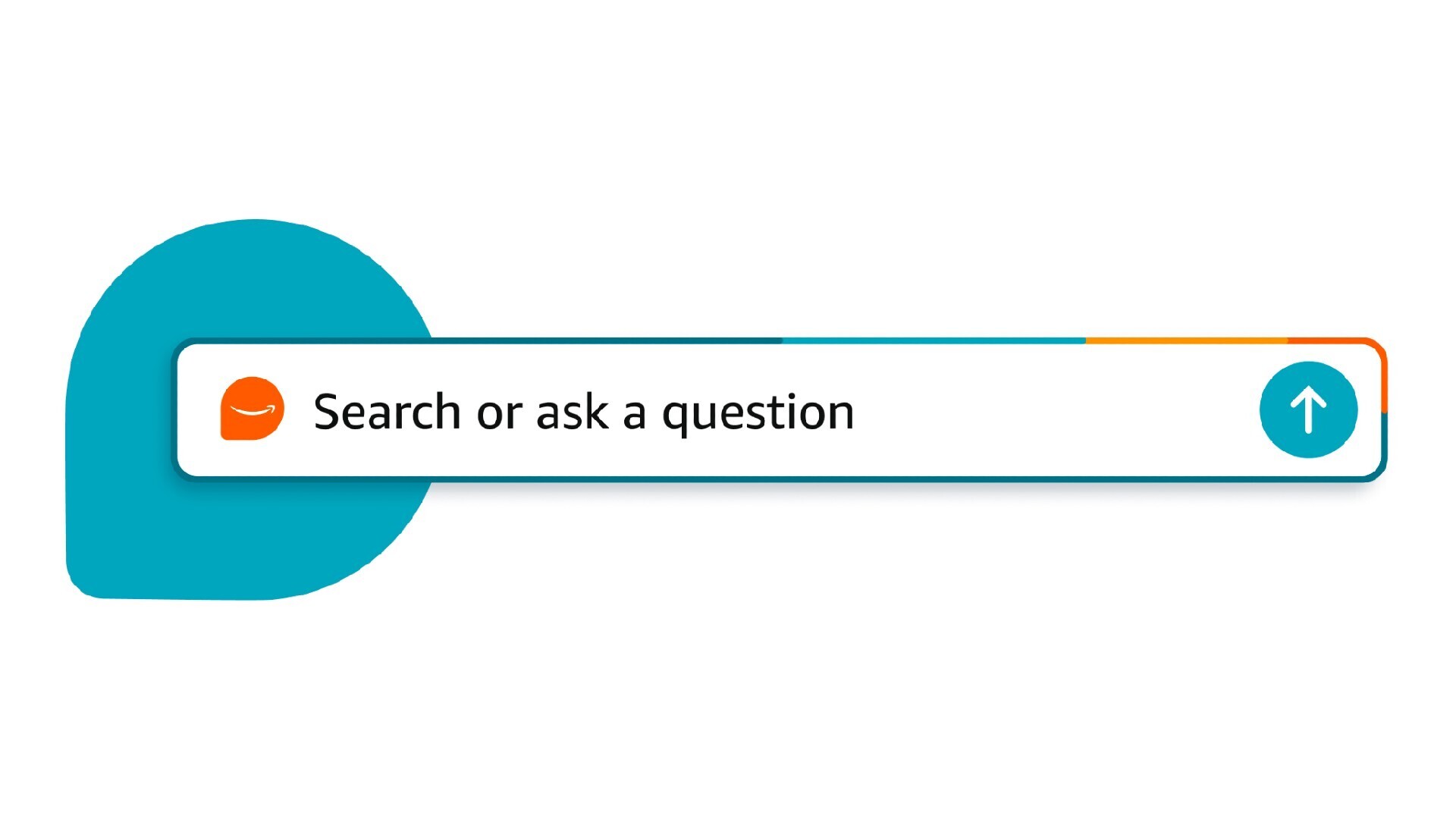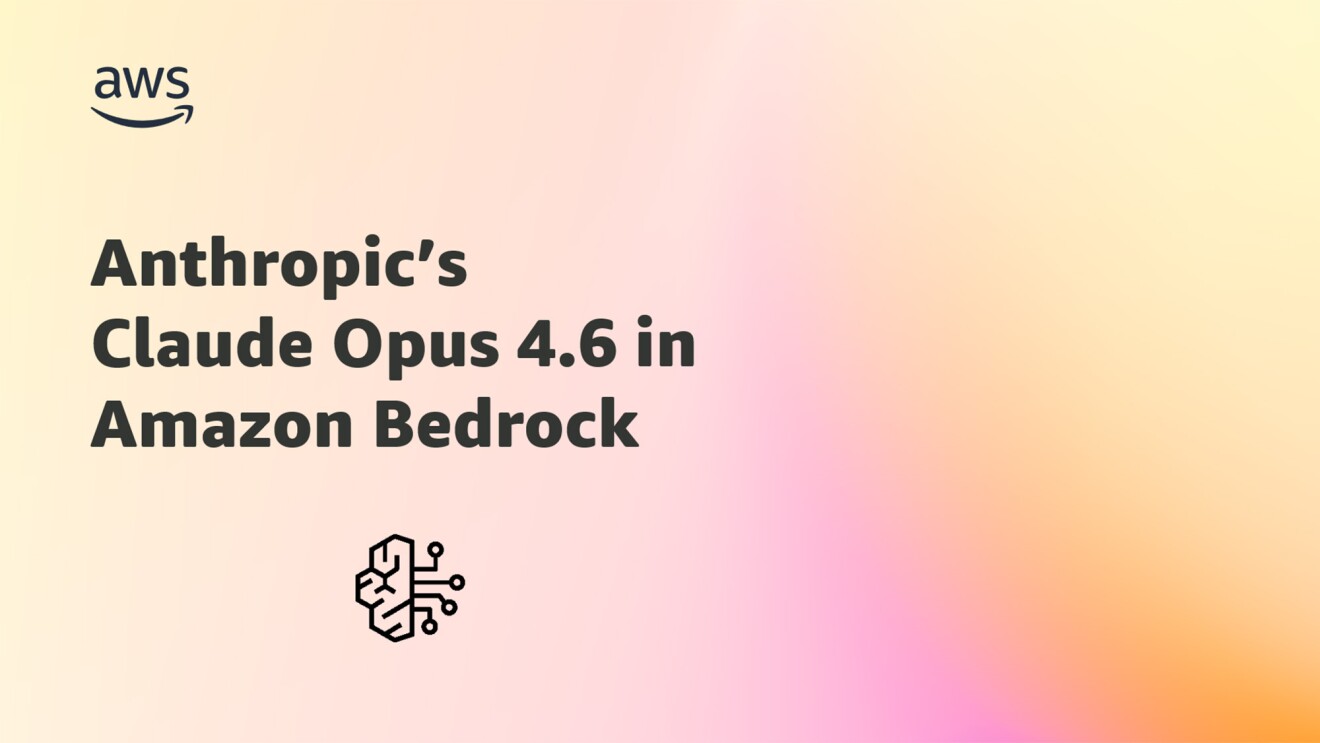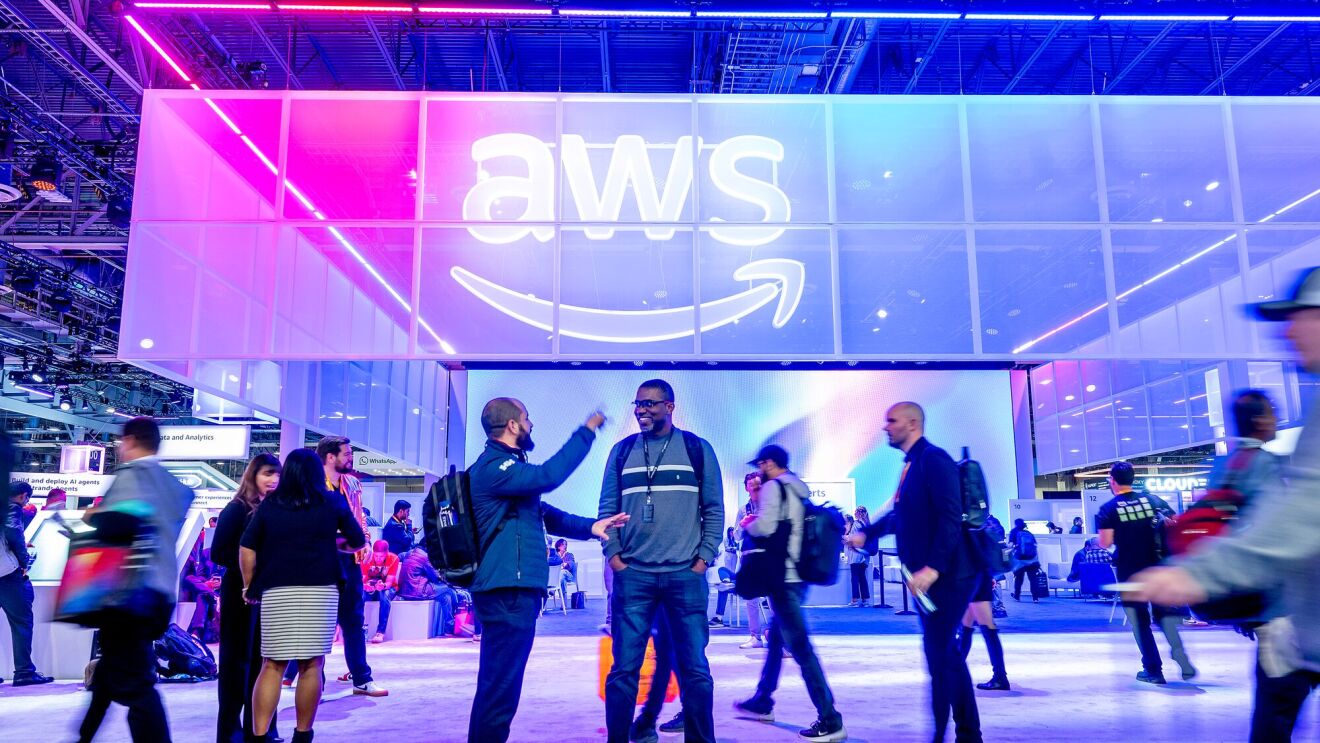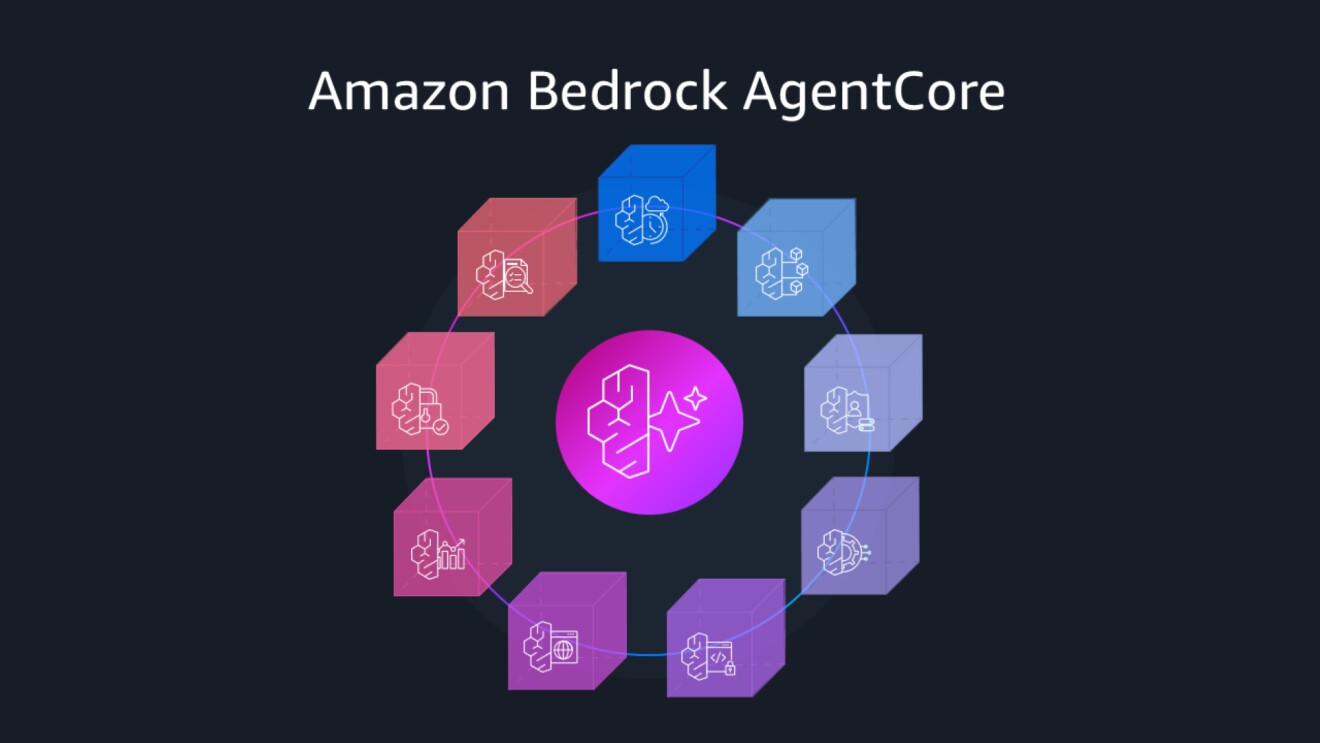Technology is always undergoing change, but the pace at which it happens and how it impacts our lives can vary. Led by an inflection point in the utility and accessibility of artificial intelligence (AI), in particular generative AI, the rate of technological change has rapidly accelerated in the last year. This type of dramatic shift inevitably leads us to wonder, what does this mean for our lives and livelihoods—and more broadly, what comes next? Amazon CTO Dr. Werner Vogels looks forward and shares four areas we should all pay attention to this year.
Vogels’ four 2024 predictions: the high level
1. Generative AI becomes culturally aware
Large language models (LLMs) trained on culturally diverse data will gain a more nuanced understanding of human experience and complex societal challenges. This cultural fluency promises to make generative AI more accessible to users worldwide.
2. FemTech finally takes off
Women’s healthcare reaches an inflection point as FemTech investment surges, care goes hybrid, and an abundance of data unlocks improved diagnoses and patient outcomes. The rise of FemTech will not only benefit women, but lift the entire healthcare system.
3. AI assistants redefine developer productivity
AI assistants will evolve from basic code generators into teachers and tireless collaborators that provide support throughout the software development lifecycle. They will explain complex systems in simple language, suggest targeted improvements, and take on repetitive tasks, allowing developers to focus on the parts of their work that have the most impact.
4. Education evolves to match the speed of technology
Higher education alone cannot keep up with the rate of technological change. Industry-led skills-based training programs will emerge that more closely resemble the journeys of skilled tradespeople. This shift to continuous learning will benefit individuals and businesses alike.
Trending news and stories










